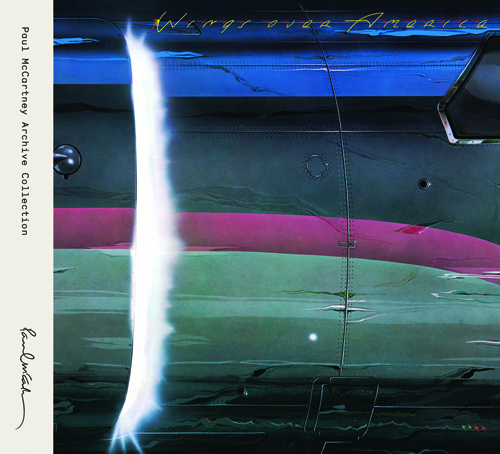Trent Reznor builds on Nine Inch Nails' sound with 'Hesitation Marks'
| Socialize: |
By NICK TAVARES
STATIC and FEEDBACK Editor
Early in Hesitation Marks and after the album’s opening salvo, Trent Reznor pulls off one of his cool moves in musicianship that are seemingly unique to him. At the start of “Copy of A,” the song is a slow sequence of beats, and as it carries on, each new electronic layer changes the rhythm without altering anything before it, illustrating his lyrics of being a “shadow of a shadow of a shadow” through the programming.
It’s a multi-faceted approach to making music that covers a lot of stations without becoming burdened by moving parts. It’s a sign that the latest incarnation of Nine Inch Nails is just as powerful as any before, and that the past few years of side projects and film work have informed his primary band. And the result is another powerful effort.
Where he’s honed himself with creating expressive, expansive beds of music on Ghosts I-IV and the scores to The Social Network and The Girl With the Dragon Tattoo, Reznor has now refined his ability to fit his vocals into the equation. That isn’t to say that he couldn’t do that in the past, but there are subtle change in the music here that show the growth in that area. It’s soft and delicate as it cuts.
Like Radiohead’s Thom Yorke, Reznor has become one of these singular voices in the medium. Reznor works in a way that flirts within the minimalist world, with repetitive beats building on one another until it reaches a point of supreme tension and, only occasionally, catharsis. One of the hallmarks of this album is how much more efficient Reznor has become in constructing his songs than he had shown in the days of Nine Inch Nails’ sprawling epics at the close of the 1990s. What Hesitation Marks shares with an album like The Fragile is in the repetition of themes and sounds, working together to create a continually building mood as the record progresses.
The similarity to his film work is apparent again. How “Find My Way,” for example, steps down by maintains the momentum worked up by the preceding “Came Back Haunted” is a shift that feels cinematic and wouldn’t have been out of place on his soundtrack for The Social Network. The restraint of tension and bursting frustration is controlled with expertise, and it leaves an impact.
Where it differs from a score, of course, is that the individual pieces work pretty well on their own. “All Time Low,” along with fitting within the chronicle nicely, also functions as prime piece of Nine Inch Nails aggression alone. “Everything” has its own inventiveness that also, in structure if not totally in sound, harkens back to the New Wave-era synth pop that levied such profound influence over a young Reznor and the earliest incarnations of Nine Inch Nails.
Among all that, “While I’m Still Here” features nearly all the dynamic shifts and tricks that have made Nine Inch Nails’ music so powerful and packed into less than five minutes. It’s at one moment restrained and tense and the next, blaring and screaming. It flows more than it plays and it surprises listeners as it reels them in. It’s practically the entire album, in miniature.
That ability to manipulate beats, music and emotions, whether spread out over film scores, songs and records, is what pulled Reznor above the din of the meaningless “industrial” tag and into one of the more respected musicians of his era. He can still do all that, and all these little tricks of the trade that he’s mastered, and seemingly whatever else he wants.
E-mail Nick Tavares at nick@staticandfeedback.com






